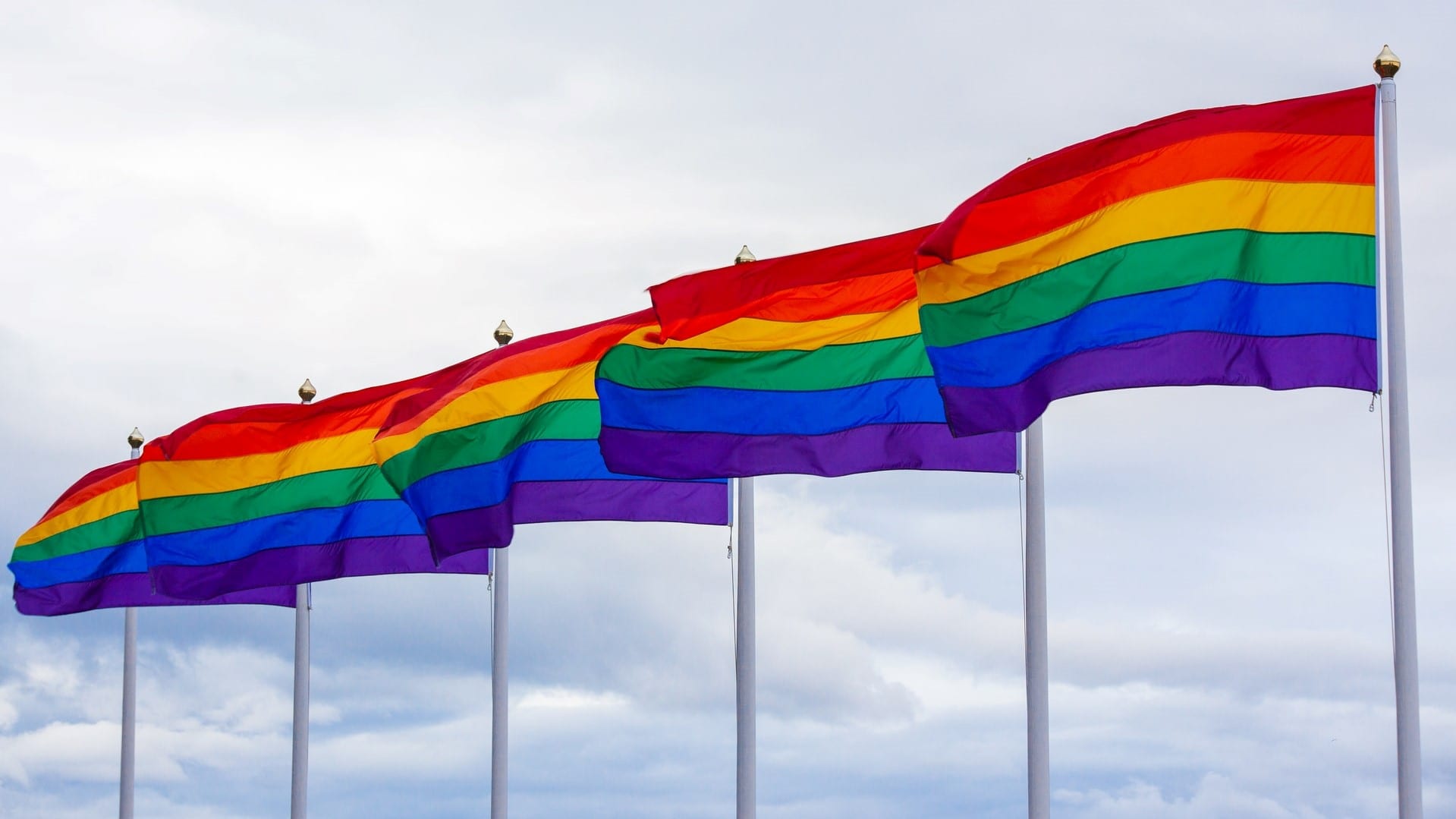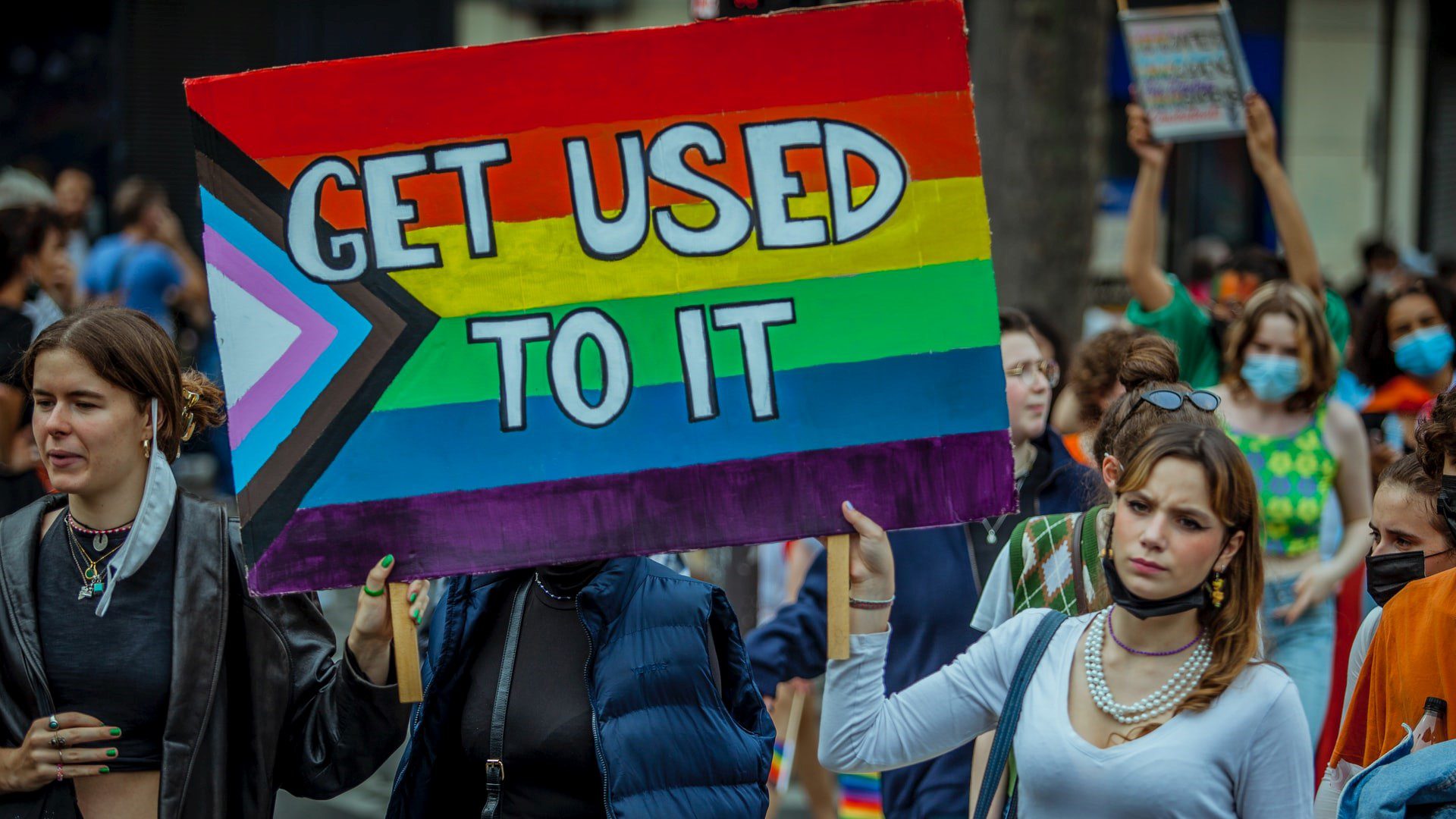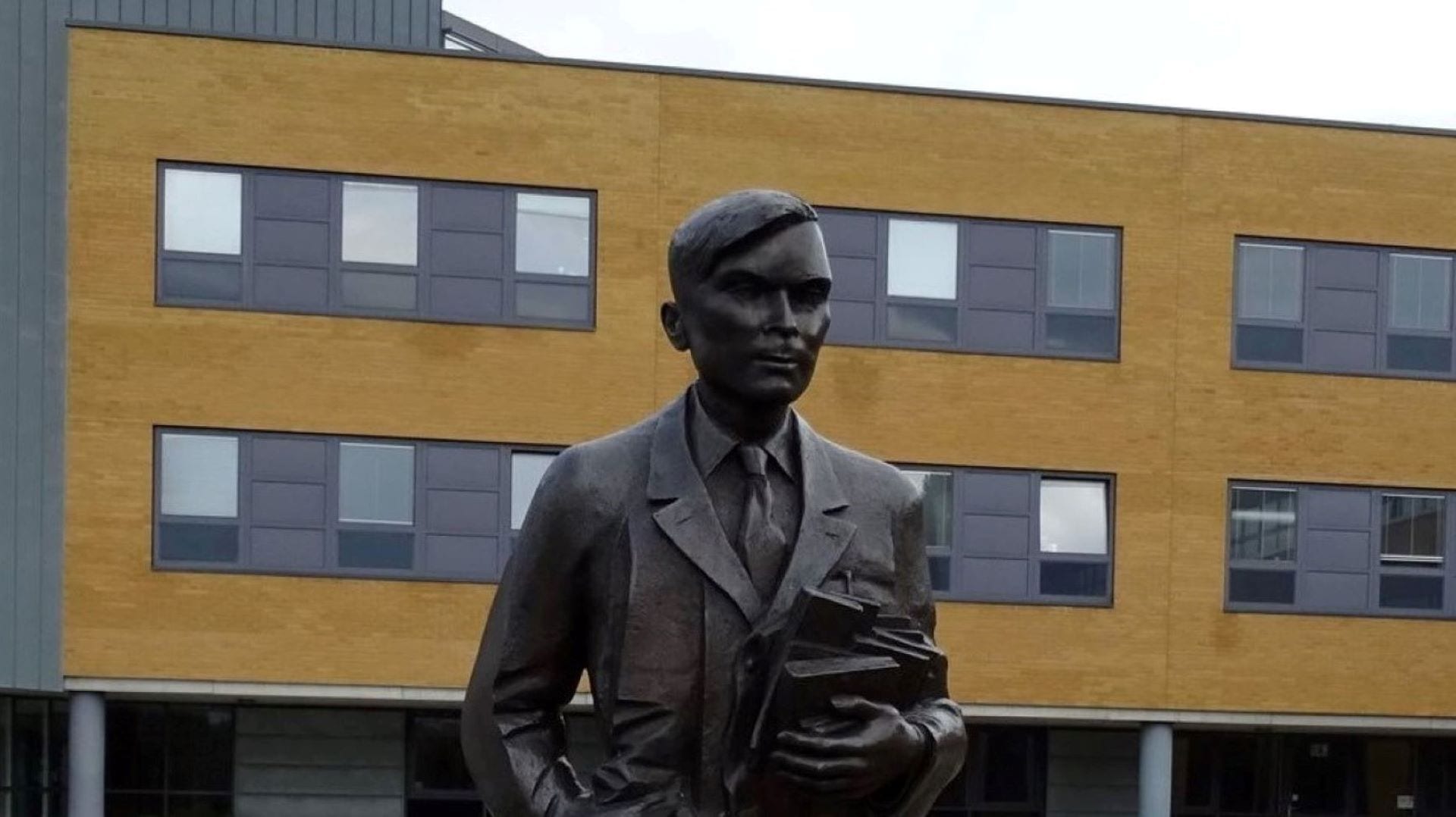By Zachary Slayback
To mark the anniversary of the famous Stonewall riots in June 1969, advocates of LGBTQ rights around the world take to the streets in parades of solidarity and protest, while also celebrating the progress that has been made.
However, every Pride Month, with heightened visibility, we witness the inevitable kickback from critics and detractors of the LGBTQ rights movement. In recent years, this conflict has become all the more noticeable.
The most prominent supporters of LGBTQ rights tend to be on the political left, while opponents, or at least those who have some reservations, tend to be on the political right. As such, libertarians, in a broad sense, with their political mix, have seemed more fragmented on the issue. One cannot deny the importance of rights for all, but progressive forces often have political elements in them that incite skepticism in libertarians.
Take, for example, the debate over gay marriage. While some have stood with the left, arguing that the state should extend all of the same legal rights to LGBTQ individuals, others took the side of the conservative right, believing that the state does have a role in defining marriage or that it is best left up to individual states, even though the federal government is more pro-LGBTQ than many of these states.
Even then, many libertarians view the issue with indifference, believing that because it does not affect them directly, they need not expend time and energy working towards equality. However, this is where we fall short. The battle over LGBTQ rights is a battle over the very essence and purpose of government itself.
LGBTQ rights are fundamentally about the role of the state
Those who believe that the state — at any level, federal or local — has a legitimate interest in marriage must concede that the state may divide citizens into separate and unequal classes. In our current state, where marriage comes with many legal and economic benefits, the struggle for LGBTQ marriage is not only a social issue; it is an economic, civil rights, and human rights issue.
Thus, those who are denied the legal recognition of marriage, who are denied that negative right to contractually spend one’s life with whomever one wishes, are discriminated against by the state. In this way, the state treats these individuals as second-class citizens by denying them of any benefit that they may have gained had they not been gay.
This distinction of classes should appall anybody who adheres to the classical liberal ideas of Jefferson, Hayek, Burke, and others. Classical liberals are part of a rich and long tradition that includes opposition to slavery, racism, antisemitism, and misogyny, and, as it follows, homophobia.
F. A. Hayek recounts this great tradition, tracking it back to the English Whigs and factions of the American founding in his essay “Why I Am Not A Conservative.” In this essay, Hayek draws the line between classical liberalism and conservatism, a line that is far too often blurred in the struggle for gay rights.
Conservatism looks to uphold tradition for the sake of tradition, while the liberal seeks to charter a new course of action while at the same time learning from the great parts of his own tradition. It is from this tradition that the Western world takes the modern concept of equality before the law.
Great libertarians recognize the importance of equality before the law
As Hayek noted in his essay Equality, Value, and Merit, true equality comes in each citizen being treated equally before the law. Hayek notes that it is unimportant why or how people are different, but the state must grant all equal rights before the law, “It is of the essence of the demand for equality before the law that people should be treated alike in spite of the fact that they are different.”
Thus, the struggle for LGBTQ rights is the most pure iteration of the struggle for which Hayek and others strive for in the liberal tradition. This struggle presents the perfect opportunity to strive for the classical liberal society of freedom, and from that freedom, equality.
While from a libertarian perspective it would be ideal to completely abolish state recognition of marriage, that is unlikely to happen any time soon; the state maintains a monopoly over “legitimate” recognition of marriage. Only in extension and protection of the freedom offered by negative rights will true equality be found.
Therefore, libertarians should work to extend those legal rights to as many individuals as possible. Those who reluctantly join are, in reality, reluctant about the freedom and the subsequent equality that a liberal society promotes.
To read more about LGBTQ rights, be sure to check out our cluster page by clicking on the button below.
Updated by Joseph Simnett
This piece solely expresses the opinion of the author and not necessarily the organization as a whole. Students For Liberty is committed to facilitating a broad dialogue for liberty, representing a variety of opinions. If you’re a student interested in presenting your perspective on this blog, send your piece to [email protected], and mention SFL Blog in the email subject line for your chance to be published and be seen!









